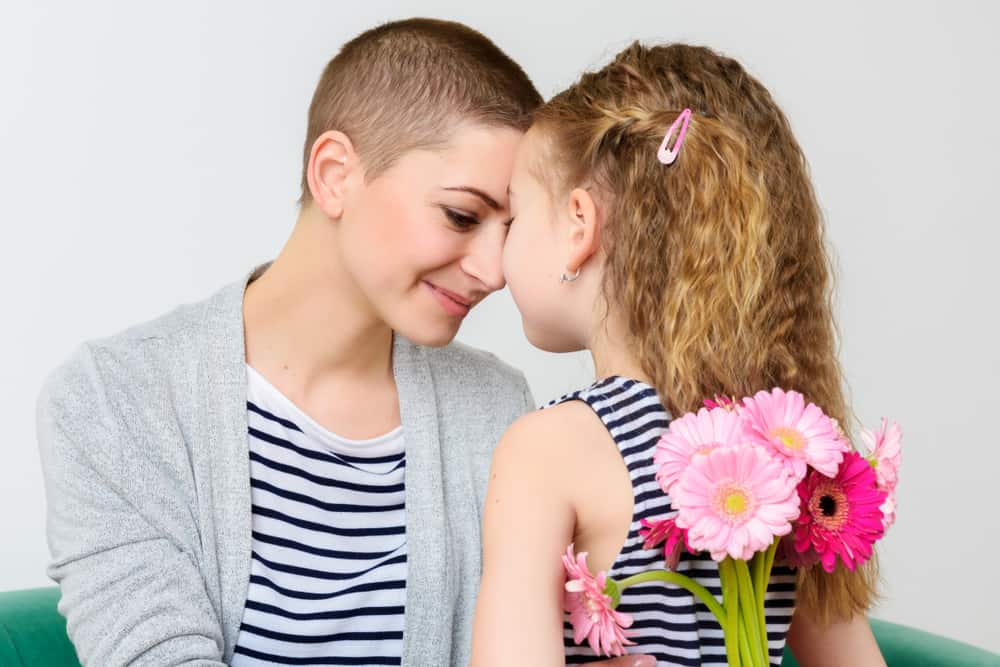
This Mother’s Day, Susan G. Komen is putting moms first by discussing breast cancer risk factors and educating people on what to do if you’re at a higher risk for breast cancer.
How do you know if you’re at a higher risk for breast cancer? Knowing some of the more common risk factors and talking with your doctor can help you understand your chances of getting breast cancer and determine the steps you can take that may help lower your risk.
Breast Cancer Risk Factors
The most common risk factors for breast cancer are being born female and getting older. Risk varies by race and ethnicity, and you should talk with your doctor about your risk.
This Breast Cancer Risk Factors Table is a helpful resource that examines breast cancer risk and groups risk factors based on scientific evidence. It also lists risk factors that are still under study.
Making healthy lifestyle choices may help lower your risk of breast cancer and other health conditions, such as heart disease, diabetes and osteoporosis.
Maintaining a healthy weight, staying active and eating a balanced diet are all ways that may help lower your risk of developing breast cancer. Read more tips about maintaining a healthy lifestyle here.
Family Health History
Speaking with your doctor about your family health history will help your doctor understand if you are at a higher risk for breast cancer. Visit Komen.org to complete the My Family Health History Tool, which makes it easy to record and organize your family health history to discuss with your doctor.
If you are at a higher risk based on your family health history, talk to your doctor about which screening tests are right for you. Screening tests are used to find breast cancer before it causes any warning signs, and regular screening tests can help reduce your chance of dying from breast cancer.
Genetic Testing and Counseling
Depending on your family health history, your doctor may recommend genetic counseling and testing. Genetic testing gives people the chance to learn if their family history of breast cancer is due to an inherited gene mutation like BRCA1 or BRCA2.
In the U.S., 5-10 percent of breast cancers are related to a known inherited gene mutation. About half of these breast cancers are related to a BRCA1 or BRCA2 inherited gene mutation.
If it feels overwhelming to talk to your doctor about whether to consider genetic testing or counseling depending on your family health history, using this list of questions can help start the conversation.
Breast Cancer Warning Signs
In addition to knowing your risk for breast cancer, it is important to know what is normal for your breasts. While warning signs are not the same for all people, the most common signs of breast cancer are a change in the look or feel of the breast, a change in the look or feel of the nipple, or nipple discharge.
If you notice any of the warning signs described here, talk to your doctor. Familiarizing yourself with these Breast Self-Awareness Messages will help you to understand your risk and take proactive steps to prioritize your breast health.


